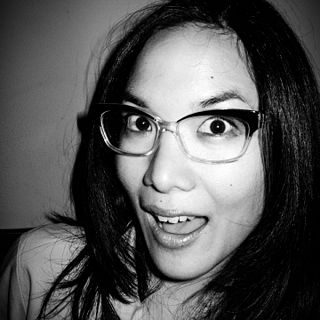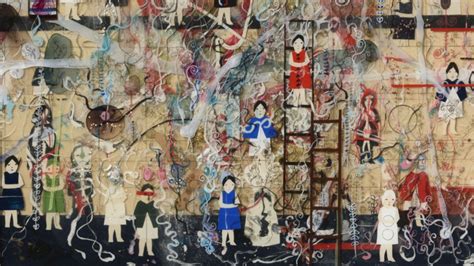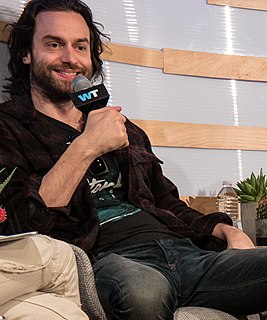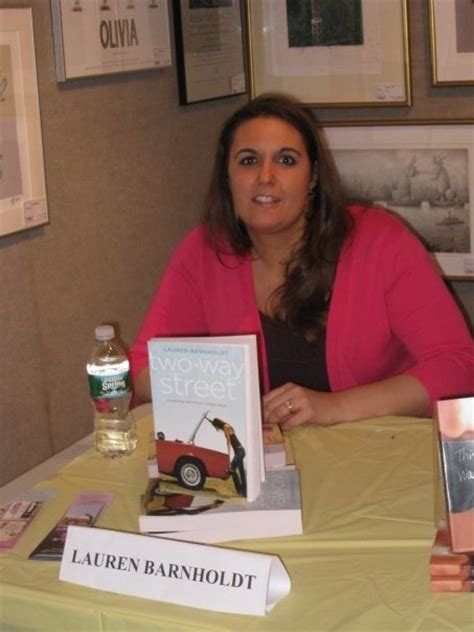A Quote by Lewis Black
A lot of the times I'm looking at something that I discover is part of a larger framework and not just a couple jokes. I see that it's a set, a story that I'll be telling. Sometimes I get lost in that.
Related Quotes
Sociopaths are not usually physically violent. A typical sociopath never kills anybody and doesn't look like Charles Manson - they look like you and me and everybody else. You're not looking for someone who's recognizably evil or scary-looking, but rather someone who looks normal. Another lynchpin is dishonesty. Lying for the sake of lying. Lying just to see whether you can trick people. And sometimes telling larger lies to get larger effects.
I think a lot of times photo sessions is just a test, maybe, for models. Sometimes it's for money. I'm going to shoot a girl in a couple weeks in Italy who has been writing me for a couple years. She sends photos all the time and it's kind of like a game. A lot of times people write and then they just want to see if I'm interested. If I say I am, I never hear from them again.
In fiction the narrator is a performance of voice, and it can be any style of voice, but I'm interested in the ways that a voice that knows it's telling a story is actually telling a different story than it intends to. In the way that I can sit here and tell you what I had for breakfast, but I'm really telling you that I'm having an affair, something like that. And I don't think my writing is plain, but I think a lot of my characters are just talking. There is vulnerability there, in that we can start to see through them, we can start to see where they're deceiving themselves.
I just write and do what I think is funny. Sometimes, you do have it in your head about certain bits. There are certain jokes where I know if I did them in certain situations, it would irk people. There are times where I look at the news and see a story going on, and I'm like, 'Wow, if I tweeted this, I would get press if I wanted to.'
The ‘experimental’ writer, then, is simply following the story’s commands to the best of his human ability. The writer is not the story, the story is the story. See? Sometimes this is very hard to accept and sometimes too easy. On the one hand, there’s the writer who can’t face his fate: that the telling of a story has nothing at all to do with him; on the other hand, there’s the one who faces it too well: that the telling of the story has nothing at all to do with him
So you want another story?" Uhh... no. We would like to know what really happened." Doesn't the telling of something always become a story?" Uhh... perhaps in English. In Japanese a story would have an element of invention in it. We don't want any invention. We want the 'straight facts,' as you say in English." Isn't telling about something--using words, English or Japanese--already something of an invention? Isn't just looking upon this world already something of an invention?
I think that when I'm telling a story, I'm doing the best I can to tell the story as fully as I can, and if there are various fractures that happen in the story, then that's just the very thing that the story is as opposed to my looking for avenues of difference in one story. They just really do exist. For me, anyway.
Because sometimes when someone is telling you something really important, it’s best to just let there be silence, to really think about what they’re saying. A lot of times people think they have to say something all insightful or wise or something to try and make the person feel better. But really, sometimes silence is best.

































